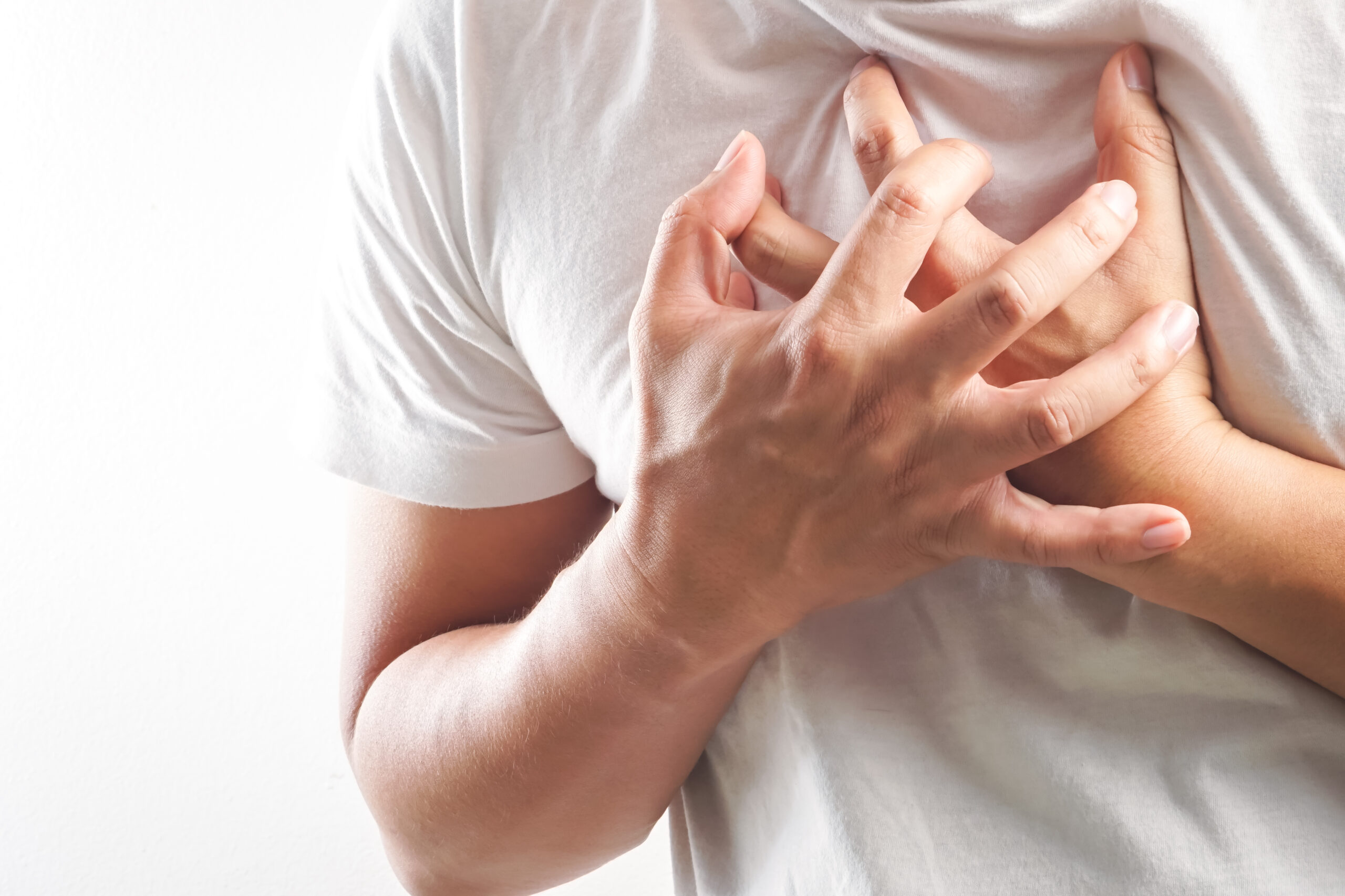What are the symptoms of sinus bradycardia?
Sinus bradycardia is a condition where the heart rate is slower than normal, typically below 60 beats per minute. Symptoms of sinus bradycardia can vary depending on how slow the heart rate is and how well the body is tolerating it. Common symptoms include fatigue, dizziness, lightheadedness, fainting or near-fainting episodes, shortness of breath, chest pain, confusion, and difficulty exercising. In some cases, sinus bradycardia may be asymptomatic, especially in well-trained athletes or individuals with a naturally lower heart rate.
What are the causes of sinus bradycardia?
Sinus bradycardia can be caused by several factors. It is common in well-trained athletes, where it is a normal physiological response due to enhanced cardiovascular efficiency. It can also occur during sleep when the body’s metabolic needs are reduced.
Certain medical conditions, such as hypothyroidism, heart disease (like sick sinus syndrome or heart block), and electrolyte imbalances, can also cause sinus bradycardia. Medications, particularly those that affect the heart’s electrical system, like beta-blockers, calcium channel blockers, and antiarrhythmic drugs, can slow the heart rate as well.
Other causes include aging, which naturally slows the heart’s pacemaker cells, and conditions that increase vagal tone, such as vasovagal syncope or neurocardiogenic syncope. Finally, severe hypothermia can also lead to sinus bradycardia due to the slowing of the body’s metabolic processes.
What is the treatment for sinus bradycardia?
Treatment for sinus bradycardia depends on the underlying cause and the presence of symptoms. If the bradycardia is asymptomatic and due to physiological reasons, such as being an athlete or during sleep, no treatment is necessary.
If sinus bradycardia causes symptoms like dizziness, fatigue, or fainting, or if it’s related to an underlying condition, the following treatments may be considered:
- Adjusting Medications: If bradycardia is caused by medications, a doctor may adjust the dosage or prescribe alternative medications.
- Treating Underlying Conditions: Addressing the underlying cause, such as treating hypothyroidism or correcting electrolyte imbalances, can help resolve bradycardia.
- Pacemaker: For persistent or symptomatic bradycardia that does not respond to other treatments, especially in cases of sick sinus syndrome or heart block, a pacemaker may be implanted. This device helps regulate the heart’s rhythm and ensures it beats at an appropriate rate.
- Lifestyle Modifications: In some cases, changes in lifestyle, such as avoiding excessive alcohol or caffeine and managing stress, can help improve heart rate.
- Temporary Measures: In emergency situations where bradycardia is causing significant symptoms, medications like atropine may be administered to increase the heart rate temporarily. In more severe cases, temporary pacing might be required until a permanent solution, such as a pacemaker, is in place.
Each treatment approach is tailored to the individual’s specific condition, symptoms, and overall health.

Leave a Reply
You must be logged in to post a comment.